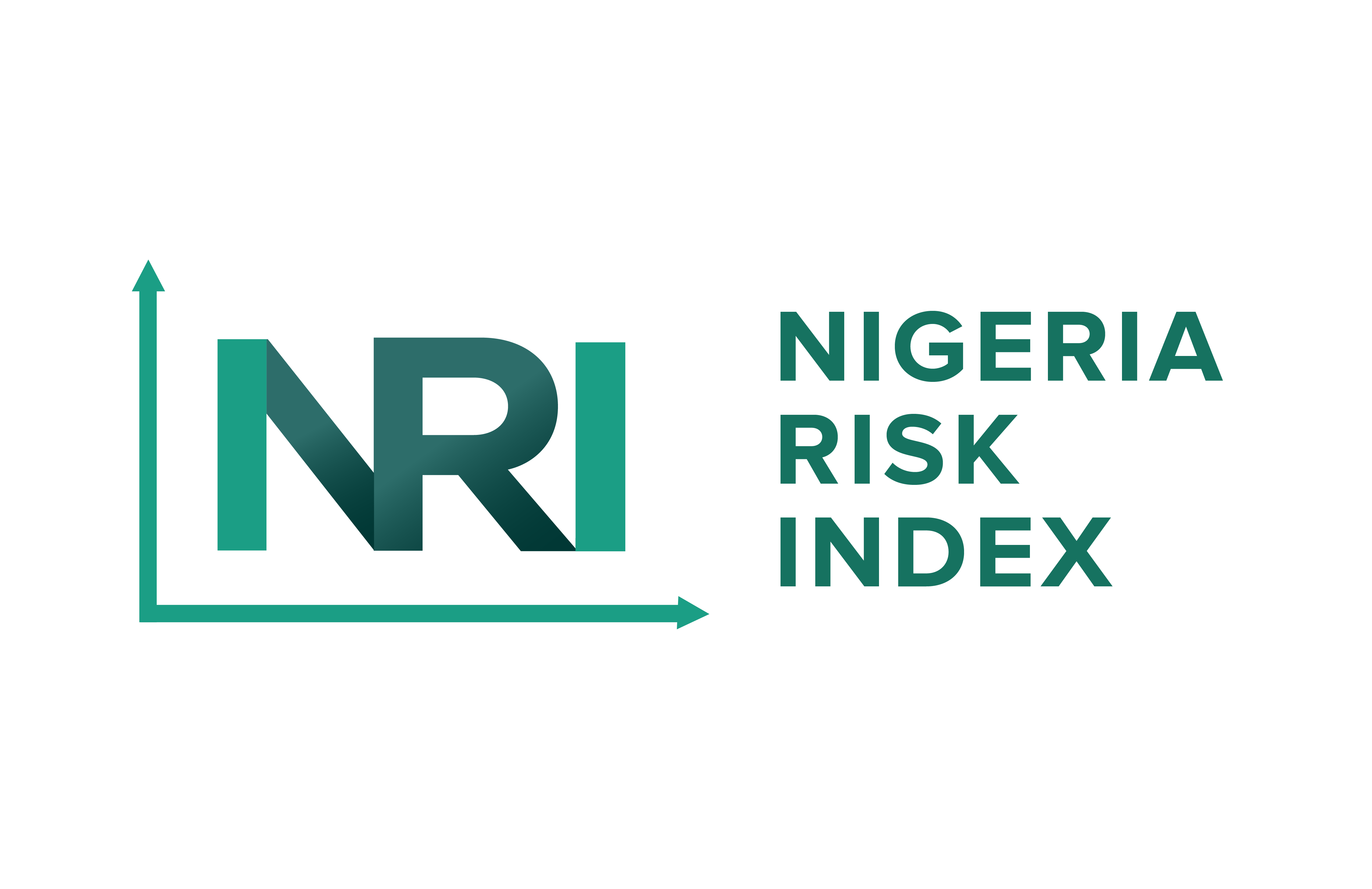Insights
The North Central region of Nigeria, particularly Plateau, Benue, and Nasarawa states, has in recent months witnessed a resurgence of brutal attacks, often marked by coordinated assaults on villages, mass killings, and widespread destruction. These events have drawn national and international attention, not only for their frequency but for their intensity and seeming impunity. While these killings are often described as farmer-herder conflicts, deeper structural, political, and criminal elements are at play making the situation far more complex and dangerous than it may appear on the surface.
In cities like Abuja, Kano, Kaduna, Lagos, Ibadan, Port Harcourt, Onitsha, and Asaba, the fallout from these attacks is increasingly being felt from the displacement of citizens to rising food insecurity and localized economic downturns. These cities serve as both safe havens for displaced persons and flashpoints of inter-communal tension.
What is Driving the Violence?
At the core of the crisis is the persistent struggle over land and access to natural resources. As climate change alters grazing patterns and arable land becomes scarcer, nomadic herders increasingly clash with farming communities. These disputes, once resolved through traditional mediation, now often spiral into violent attacks due to the breakdown of community trust.
Compounding this is a volatile mix of ethnic and religious tension. The demographic diversity of the region often becomes a fault line, with identity-based attacks fueling cycles of revenge. Security agencies, as noted by Amnesty International, have been overwhelmed by the scale of attacks and lack sufficient operational intelligence to preempt them.
According to Dr. Chidi Odinkalu, former Chairman of the National Human Rights Commission, What we are witnessing is not just random violence; it’s systemic, and the state's failure to prosecute offenders only deepens impunity.
Criminal groups have seized on the chaos, engaging in organized banditry, kidnapping, and cattle rustling. These groups often exploit ethnic narratives as a cover for purely economic motives, further complicating the security landscape.
Is Politics at Play?
There are undeniable political undercurrents. Communities accuse both state and federal governments of selective response whether due to ethnic alignment or lack of political will. According to SBM Intelligence, Periods leading up to elections tend to see spikes in communal attacks, suggesting possible strategic motivations behind the violence.
.png)
Data from the Nigeria Risk Index shows a troubling escalation in violent incidents across the North Central region between 2024 and 2025, particularly during the first quarter of the year.
- January 2025 saw a slight decline compared to January 2024 (18 incidents vs. 20), hinting at a temporary lull.
- February 2025 recorded a notable surge, rising from 34 incidents in 2024 to 38 which is a 12% increase.
- March 2025 marked the peak in escalation, with 42 reported incidents compared to 35 the previous year, indicating a 20% spike.
- April 2025, however, showed a decline, dropping to 25 incidents from 32 in April 2024.
This pattern suggests that while the region experienced a spike in violence during the mid-quarter, some localized de-escalation occurred in April. Nonetheless, the sharp rise in February and March 2025 reinforces concerns about seasonal patterns of violence, possible pre-election tensions, or retaliatory attacks concentrated during the dry season when mobility in rural areas is easier for armed groups.
A Way Forward
The federal government must urgently implement a coordinated response. This includes investment in rural policing, judicial reform for swift prosecution, and land reform to reduce ambiguity in property claims. Religious and community leaders should be empowered to lead reconciliation dialogues, while NGOs must support trauma recovery and victim resettlement programs.
Final note
The killings in North Central Nigeria reflect systemic institutional weakness, criminal opportunism, and, at times, politically motivated violence. Ending this crisis demands honest dialogue, proactive governance, and community-level resilience building. A safe North Central is possible, but only through sustained and inclusive efforts.

The Risk Control Team
